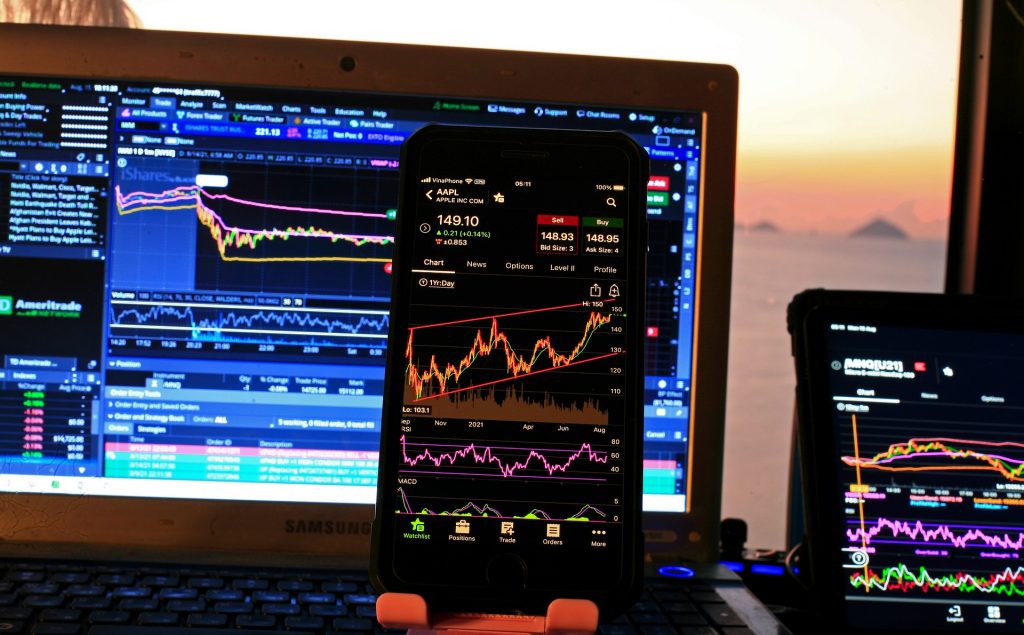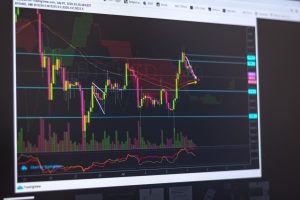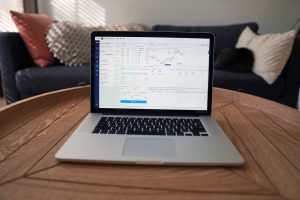Welcome to the guide on how to make money with forex trading. If you read this, you probably want to know some tips and advice on making money with foreign exchange.
Forex Trading is a constant stream of buying and selling currencies, taking advantage of price fluctuations that happen every day because of economic changes worldwide (e.g., investors buying or selling a stock). Traders can use highly sophisticated programs to trade complex strategies automatically.
More commonly, they buy one currency while simultaneously selling another at an agreed-upon price to profit from the difference between those two rates. It’s like being able to time travel back to ancient Rome and buy oil futures or go forward into post-apocalyptic America and sell bottled water.
The only rule to trading forex is that you can’t trade more than you can afford to lose (or, if you’re like most traders, considerably less). Whether it’s a few bucks or hundreds of thousands of dollars, this money isn’t coming back unless you make it back with trading profits. Suppose all this sounds exciting and fun.
Problems in forex trading
Risk Management
You can not avoid losses altogether, don’t try it.
Psychological Problems
Emotions like greed and fear take over your trading plan (as soon as this happens, close all your positions and step away from the computer). Losses make you stressed; profits make you bored; everything else makes you feel sick.
No Guarantees
There is no way to forecast if a currency pair will go up or down in one day, week, or month (and if someone tries to sell you such a system, that’s because they want to steal your money). You need to learn how to take advantage of random movements and stop losses at the right time.
No Accounting
Even if you have a computerized trading system that can analyze trends, predict reversals or tell when to take losses, you need an accountant (and not the kind with the red braces and calculator). They can keep track of your gains and losses for tax purposes.
Excessive Fees
Every time you trade, your broker charges fees; make sure they aren’t excessive because no matter how much money you make on forex, you will lose some to transaction costs (e.g., spreads, commissions).
Forex trading tips
- Start trading with small sums of money (e.g., $500 or less).
- Take your time, don’t hurry things up; the best moves are always thought out carefully before being put into action. Resist the urge to buy now. This tip is so important; it can not be stressed enough: Money managers often use stop-loss orders to limit their losses in the wrong position. A stop-loss order is an instruction given to your broker to sell you out of a position once it reaches a specific price (e.g., if you own stock worth $10 that’s rising toward $11 but then falls back down toward $9, you might want to set up a stop-loss order to sell it if it reaches $9.50).
Many people who trade forex don’t use stop-loss orders and, while this is a personal choice, there’s no doubt that stop-loss orders can limit your losses. With forex trading platforms, you can also do the same thing by setting up price alerts (e.g., “sell my EUR/USD if it falls below 1.4800”).
- Find a strategy that works for you; make sure to test it over several years and many market conditions (i.e., crashes, etc.). If you’re using an automated system, make sure you fully understand how to read its signals and know when it needs adjusting.
Try to stay away from day trading unless you have vast sums of money because even though leverage can increase your profits, it will also magnify your losses. Instead, try to trade trends by taking positions in longer-term timeframes to lower transaction costs and commissions (e.g., instead of trying to guess the direction of the EUR/USD in five minutes, try to predict whether it will rise or fall over the next month).






More Stories
What are cryptocurrency exchange-traded funds?
How to implement contrarian strategies?
Demo Account and The Choice of a Forex Broker